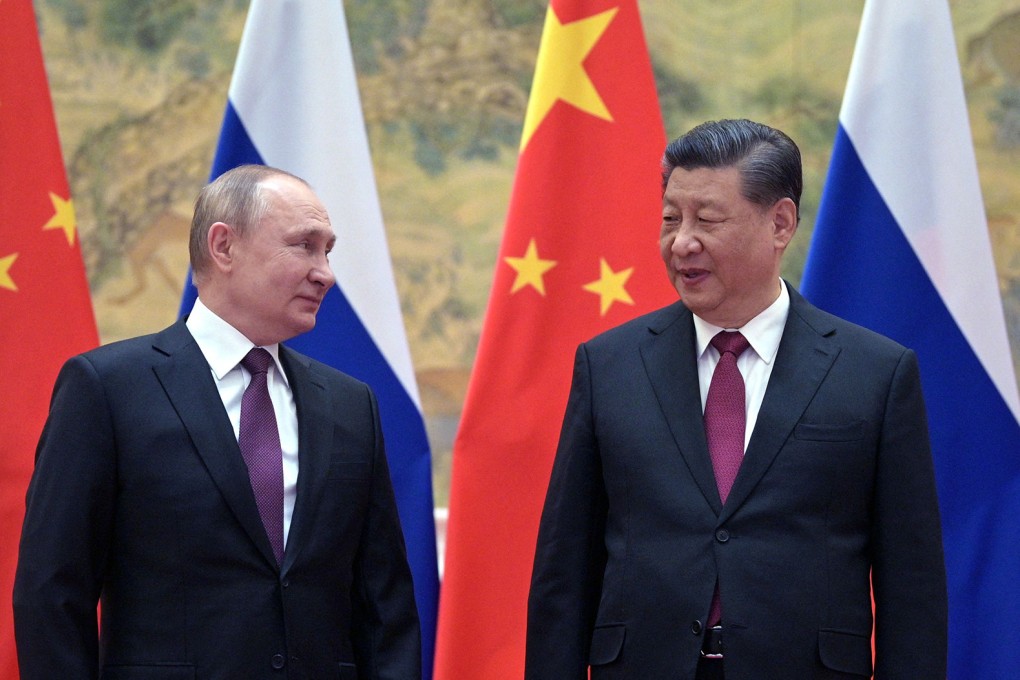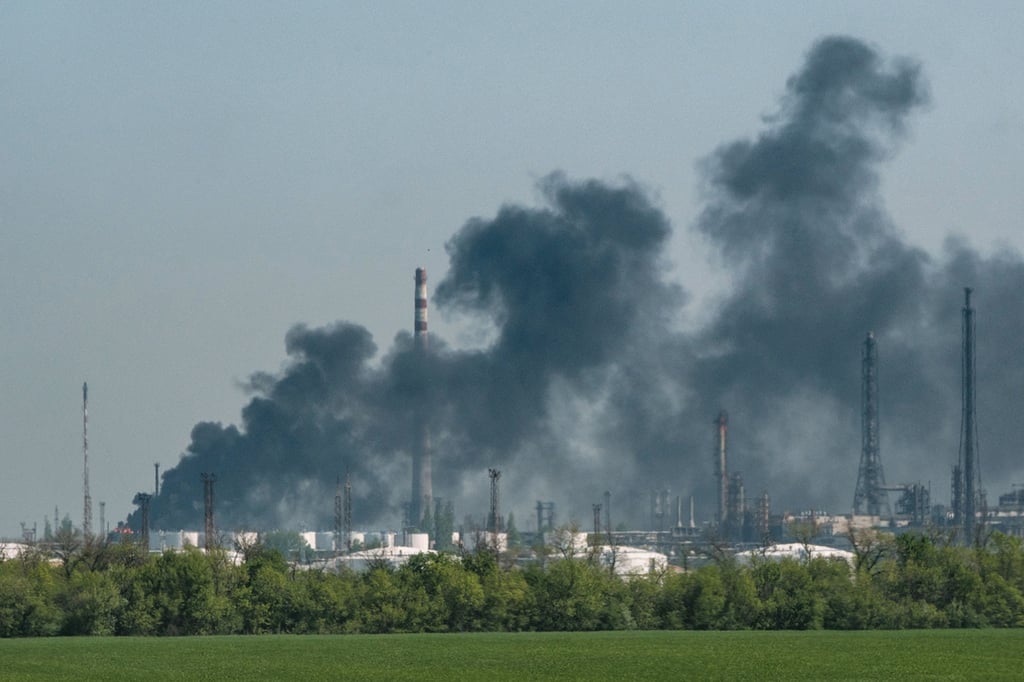Ukraine war to accelerate geopolitical trends, including US-China confrontations
- Among the consequences of Russia’s invasion, analysts say, is a possibly serious erosion in China’s influence and footprint in central and eastern Europe
- ‘The domains of war are changing,’ one analyst says, noting that several economic powers are set to use trade disputes to punish adversaries

Amid rising concern that Russia’s invasion of Ukraine could spark a broader clash, analysts said on Monday that growing US-China confrontations over trade, technology and communications already amounts to a worrisome global conflict.
“The domains of warfare are changing,” said Stewart Paterson, founder of the investment research firm Capital Dialectics and a fellow at the Hinrich Foundation, which co-sponsored the panel discussion with the Association of Foreign Press Correspondents in the United States.

“So, I’ll be controversial and I will say that World War III started about 20 years ago when China joined the WTO”, referring to the World Trade Organization.
Trade and economics are traditionally framed as win-win exercises. But major economic powers are increasingly poised to use decoupling and supply-chain disruptions as weapons, denying their adversaries access to semiconductors, rare earth elements and other strategic goods.
“What we’ve seen in the last few years is an expressed willingness on the part of several great powers to use trade and economics in such a way that it is a lose-lose,” said Paterson. “That is the definition of war, isn’t it? You always suffer costs, but you’re hoping that the cost is going to be higher for your opponent.”
Analysts at the event said that Russia’s February 24 invasion had accelerated economic, military and geopolitical trends expected to play out over the next decade.